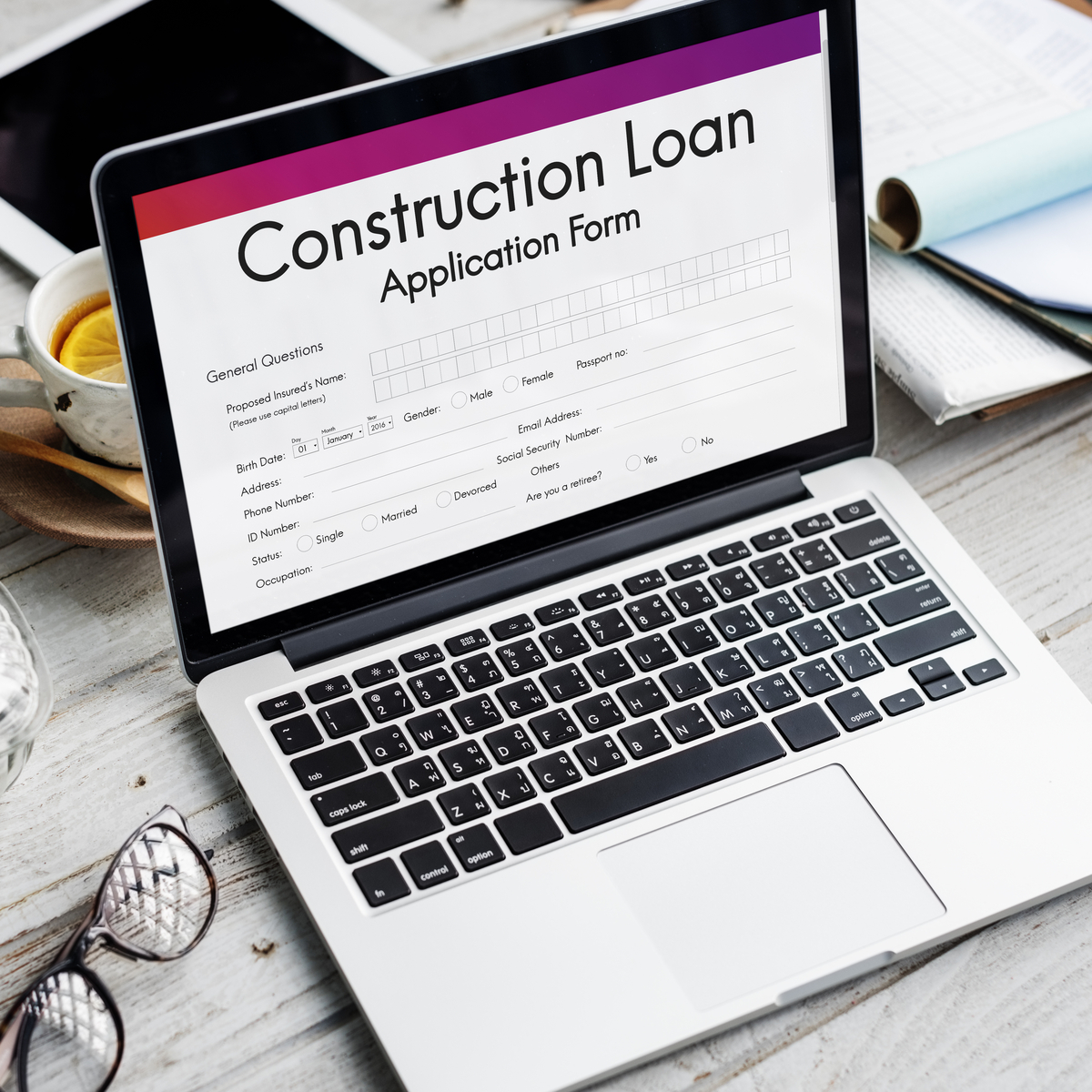When it comes to financing a custom home, the process is not the same as obtaining a typical mortgage. Since you are asking the lender to give you a loan for a house that hasn’t been built yet, the process can be tricky. Lenders consider construction loans more risky than the typical 30-year home loan and not every lender offers them. So, where do you begin? In this article, we’ll share some insight to help take the mystery out of the process.
What types of loans are available for a custom home?
There are several financing options for new home construction, and a construction loan and construction-to-permanent loan are among the most common for custom homes.
A construction loan is a short-term loan—usually offered for 12 months—to allow time to build your home. The interest rates are often variable and they can be higher than a traditional mortgage loan. During designated intervals in the building process, your builder will receive draws on the loan—that is, a portion of the loan to cover that phase of construction. For instance, the first draw may be taken when the foundation is poured and the second draw may occur when the house is framed, continuing during each stage of the home’s construction.
Interest generally must be paid on the amount of funds disbursed during construction, often with a balloon payment that is due when the home has been completed. Once the home is ready for occupancy, you’ll need to get a new loan, often called the “end loan,” which refinances any other loans into one with more favorable conventional financing.
A construction-to-permanent loan is an all-in-one mortgage. It covers the construction phase and permanent financing, all in a single loan. Since only one loan is made, there is no need to re-qualify for the permanent phase of the loan.
There are pros and cons to each kind of loan described above. It’s best to contact your mortgage consultant to discuss which loan best fits your circumstances.
How do you find a construction lender?
Because of all of the steps involved, it’s a good idea to find a lender who is experienced in construction loan lending. The mortgage consultants at Prosperity Home Mortgage, LLC (PHM) work with several local partners and can help their clients to obtain the necessary construction loan, according to Ron Wivagg, national sales support manager for PHM. Once clients obtain the property and the construction loans, PHM can then combine them into the “end loan,” he added.
It’s wise to do your financing research in advance to prevent surprises. “First, contact your lender so that you can understand the nuances of a construction loan,” advised John Jorgenson, a leading new homes agent in Long & Foster’s McLean, Virginia, office. In addition, construction loans are not always all the same, so it’s best to compare lenders’ products.
Whether you’re planning to build a custom home or purchase an existing one, a knowledgeable Realtor and mortgage consultant can help guide you through the process. For more tips on custom home building, you can read the first and second parts of our series.
